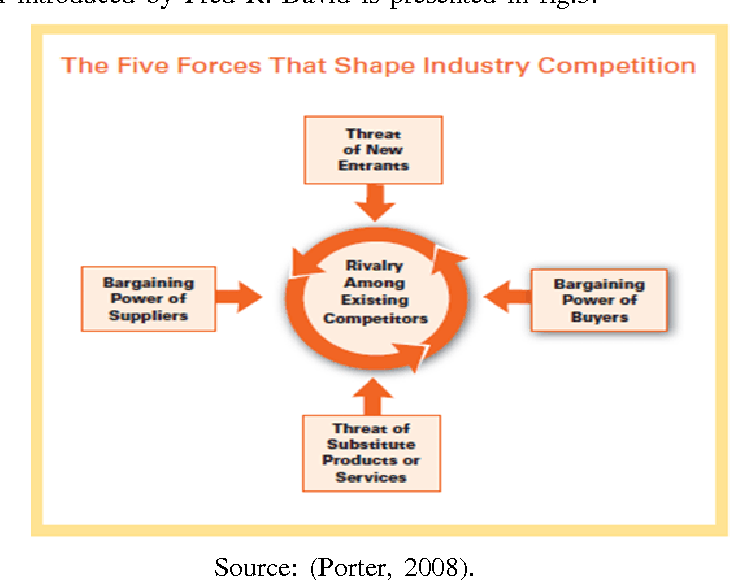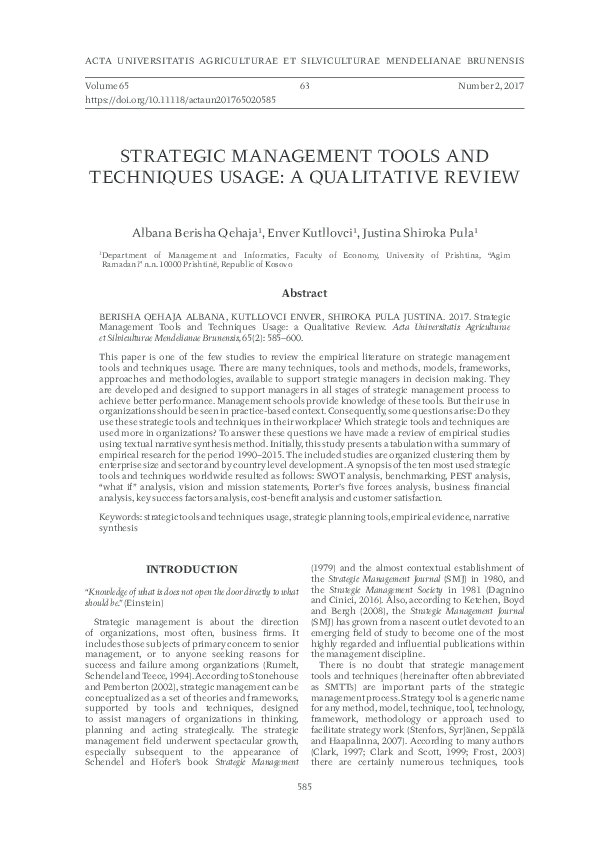

The interdisciplinary debate, especially of Anglo-Saxon origin, refers to the relational nature of resources, so as not to “fix” these assets to specific entities.

2002) they are characterized by the absence of property rights in private terms and can give rise, under certain conditions, to phenomena of exhaustion of availability (Tietenberg et al. These include the Rural Development Policy, which offers a diversified range of incentives to encourage investment in rural areas, capable of favoring the supply of common goods (Hardin 2009), that are the class of goods used by several individuals, with respect to which there are difficulty of exclusion and whose “consumption” by an actor reduces the possibility of use by others (Ostrom et al. In this context, a set of policy actions operate at the European level in the direction of consolidating environmental and climate performance. To reflect on the spatiality of these practices is particularly relevant in the Italian context, characterized by the emergence of numerous initiatives that have adopted the language of the commons just after the outbreak of the economic crisis, and the adoption of strict austerity policies combined the intensification of processes of neoliberalization of public policies. These experiences have unfolded in the form of practices, behaviors, and initiatives both on the part of the productive structure and on the part of groups of citizens, who often do not know each other (Huron 2015), and are united by a narrative of renewed link between community and territory from the strongly spatial character, since the action of putting in common manifests itself in precise and concrete spaces. Over the last decade, at the national level, there has been a proliferation of multiple experiences of commoning, that is, forms of self-government (Magnaghi 2007, 2012) of the territorial heritage as a common good, a strategic result of the reconstruction of local development projects, through initiatives capable to activate governance processes for the implementation of participatory sustainability tools in favor of the environment and the protection of natural resources and of mitigation and adaptation to climate change. The assessment of the cognitive elements related to the territorial fabric carried out through the proposed approach has allowed to demonstrate how the knowledge of the territorial capital contributes to the activation of forms of collective intelligence necessary for decision-making processes. The followed theoretical framework and the methodological approach have allowed on the one hand to draw up a taxonomy of the different territorial dynamics and on the other to identify a mixed indicator system, applicable and replicable also in other contexts, able to describe its dimensions analytically.

The survey made it possible to verify how the commoning processes aimed at the production of agro-environmental goods generate territorial resilience, understood as a community competence able to structure specific forms of social learning based on priorities identified and defined by the communities. The purpose is to understand how these processes are able to influence, at local level, the governance processes for the implementation of environmental protection strategies. The purpose of this paper is to analyze how the commoning heritage processes find application for the production of agro-environmental public goods in contexts of high socio-economic marginality and environmental vulnerability, characterized by abandonment and from the consumption of agricultural land for food use.


 0 kommentar(er)
0 kommentar(er)
